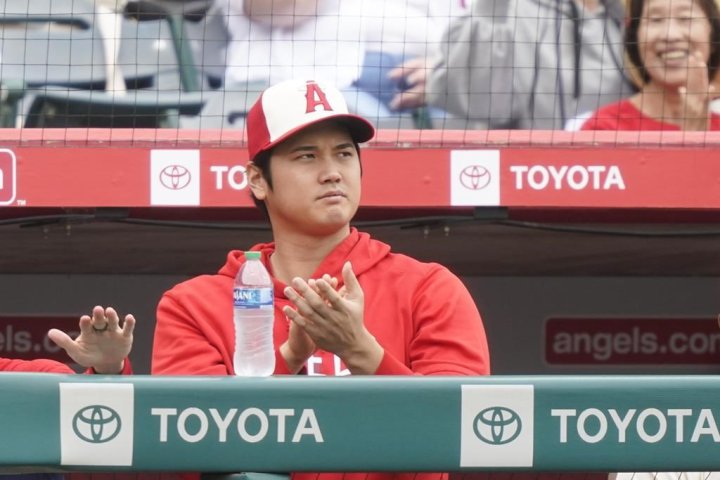
The Toronto Blue Jays, like many other Major League Baseball teams, had high hopes of securing the highly sought-after Japanese two-way star, Shohei Ohtani. However, their efforts fell short as Ohtani ultimately chose to sign with the Los Angeles Angels. While this may be disappointing for Blue Jays fans, there are valuable lessons that the team can learn from this experience.
Firstly, it is crucial for the Blue Jays to understand the importance of building a strong reputation and relationship with international players. Ohtani’s decision was not solely based on financial incentives or team success; it was also influenced by the team’s reputation and how they are perceived by players from different backgrounds. The Blue Jays should focus on fostering a positive image and creating an environment that is attractive to international players.
Secondly, the Blue Jays must recognize the significance of having a well-defined and effective player development system. Ohtani’s decision to sign with the Angels was partly influenced by their reputation for developing young talent. The Blue Jays should invest in their player development infrastructure, ensuring that they have the resources and expertise to nurture and maximize the potential of their prospects.
Additionally, the team should prioritize creating a winning culture and a competitive environment. Ohtani expressed his desire to play for a team that has a chance to win championships. The Blue Jays must demonstrate their commitment to building a winning team by making strategic moves in player acquisitions and fostering a winning mentality within the organization.
Furthermore, the Blue Jays should continue to explore new and innovative ways to attract top-tier talent. Ohtani’s decision to consider both his pitching and hitting abilities when selecting a team highlights the importance of adaptability and flexibility in player recruitment. The Blue Jays should be open to exploring unconventional approaches to player utilization and showcase their willingness to accommodate unique player skill sets.
Lastly, the Blue Jays should not dwell on this missed opportunity but instead use it as motivation to improve and strive for success. The team should analyze their shortcomings in the pursuit of Ohtani and use those lessons to refine their approach in future endeavors. It is essential to remain proactive and continue exploring all avenues to secure top talent, both domestically and internationally.
In conclusion, while the Blue Jays may have missed out on securing Shohei Ohtani, there are valuable lessons to be learned from this experience. Building a strong reputation, investing in player development, creating a winning culture, exploring innovative approaches, and using setbacks as motivation are all crucial factors that the team should consider moving forward. By implementing these lessons, the Blue Jays can increase their chances of attracting top-tier talent and ultimately achieving success in the highly competitive world of Major League Baseball.

